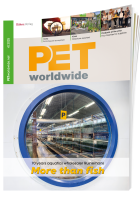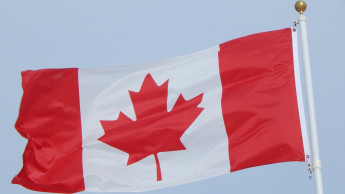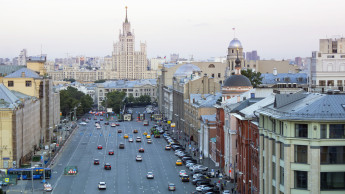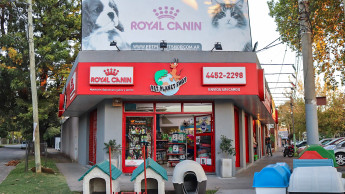

The Association of Live Tropical Fish Exporters of Sri Lanka reported that its members had lost around 75 mio rupees (approximately € 1.316 mio) worth of exports during the previous four weeks, owing to lack of space on international carriers operating from Colombo airport
Since the Sri Lankan ornamental aquatic industry is totally dependent on air freight for its exports, this non-availability obviously represents a major blow. Shipments were either not being accepted, or were being offloaded at airports in other countries, notably Singapore and Dubai, and subsequently returned to Sri Lanka.Refusals by airlines to accept live fish shipments are difficult enough to cope with, but when shipments are accepted and then offloaded and returned to Sri Lanka, the situation becomes almost incomprehensible, according to the association. To add insult to injury, the returned fish are regarded as imports by Sri Lankan Customs and import duty is therefore charged!The association accepts that there is very high demand for cargo space on planes these days. It also accepts that some commodities – like fresh tuna – generate much more revenue for the airlines and are thus given precedence. Nevertheless, it feels that the ornamental aquatic industry is sufficiently important to the Sri Lankan economy for a solution to be imperative. According to official Food and Agriculture Organisation (FAO) figures, Sri Lanka exported $ 7.385 mio (approx. € 5.820 mio) worth of ornamental fish in 2004. Local, i.e. Sri Lankan, figures put the annual value of exports at over $ 10 mio (approx. € 7.880 mio). Approximately 50 000 people are involved in one way or another with the industry within Sri Lanka. Many of these are in outlying rural communities where the rearing of small fish to marketable size forms one of the main sources, if not the main source, of income for these families. The situation is therefore fast becoming critical and in view of this the Association of Live Fish Exporters has sought meetings, both with the main airline which has traditionally carried the bulk of live fish exports from Sri Lanka (Lufthansa) and several government agencies.The meeting with Lufthansa took place shortly after the late March announcement of the crisis. Representing the industry were the president of the association, Vibhu Perera, and four association members, who expressed their serious concern about the matter. However, although they were hoping for a speedy resolution of the problem, this did not arise from the meeting.According to reports that I had received at the time, meetings with the Minister for Enterprises of the Export Development Board, as well as the President of Sri Lanka, Mahinda Rajapakse, were imminent. However, as I had not heard anything since…
Related articles
Read also

 Menü
Menü






 7-8/2006
7-8/2006












 Newsletter
Newsletter